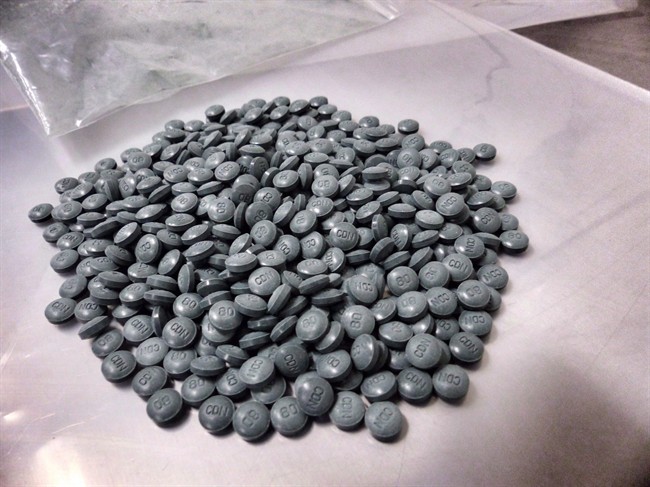The president of an addiction recovery centre in Calgary would like to see the province’s new opioid response panel set up more detox beds, and quicker access to treatment.

Trevor Loria, president and CEO of Simon House, was talking to Danielle Smith on News Talk 770 Thursday, a day after the Alberta government announced the creation of the Opioid Emergency Response Commission.
Loria still has questions about what the commission will be doing and what kind of decisions it will make to tackle the crisis, but he says more beds and better access is what’s needed most.
“We’ve changed our admission process so we can get a person into treatment within 24 to 48 hours of their very first call to Simon House. However, we’ve also had to close beds because we couldn’t afford to maintain the building,” said Loria, who knows of some addictions programs in the province that are in danger of closing their doors.
Loria is disappointed there’s no one from the front lines of addiction treatment and recovery represented on the commission.
“We would like a seat at the table. We would like a voice.”
The new 14-member panel includes representatives from medical, police, community and indigenous groups.
Associate Health Minister Brandy Payne said Wednesday the commission will “guide the province’s continuing work and ensure each action we take will reduce the harms to opioid users, their families, their communities and first responders.”
The province also announced $30 million dollars in new funding for a total of $44 million in this year’s budget to deal with opioid addictions.
Loria says Simon House, which deals with men’s addictions, has seen the rise in fentanyl use first-hand.
“We’re seeing younger clients, in an overall age, and we’re seeing greater use of opioids, specifically fentanyl. We have 20- and 21-year-olds who have been dependent on fentanyl for two to three years,” Loria said.
More than 100 people have died of apparent fentanyl overdoses in Alberta in the first three months of this year.






Comments